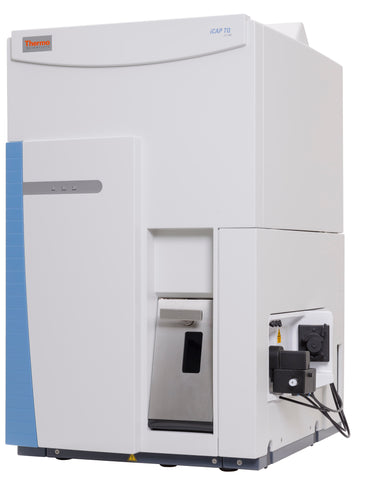
ICP-MS Testing Service, ICP-MS Analytical Service
Our ICP-MS Testing/Analytical Service offers accurate and precise results, ideal for a range of laboratory and research applications. Delivering fast and reliable results with a low detection limit, our service is ideal for elemental quantitation using a cutting-edge ICP-MS machine.
Starting at $65 per element, MSE Analytical Services offer professional ICP-MS Testing Service for fast identification and detection of trace metals content in chemical samples.
$65 per element with no sample processing (ready to test samples)
$80 per element with regular digestion sample processing
$90 per element by digestion with HF acid sample processing
$300 per sample (full scan) with HF acid sample processing
* Note: Data analysis service is not included in the list prices.
Highlights: High Quality Data, Competitive Pricing, Technical Support by Scientists.
Please contact our scientists to discuss your sample characterization requirements. Email: analytical@msesupplies.com
Inductively Coupled Plasma Mass Spectroscopy (ICP-MS) is capable of detecting metals at very low concentrations, as low as 1 ppq (one part per quadrillion). An ICP-MS unit ionizes the sample using inductively coupled plasma. Plasma in this case is created by heating argon gas to 10,000°C causing the argon gas to increase in its electrical conductive properties and eventually transforming the argon from a gas state into the plasma state. Once ionized the molecules that make up the sample are separated based on it mass-to-charge ratio and quantified using a mass spectrometer.
Before shipping samples to us, please contact analytical@msesupplies.com to provide the SDS and confirm the sample requirements. This will help to avoid unnecessary delays in sample processing.
